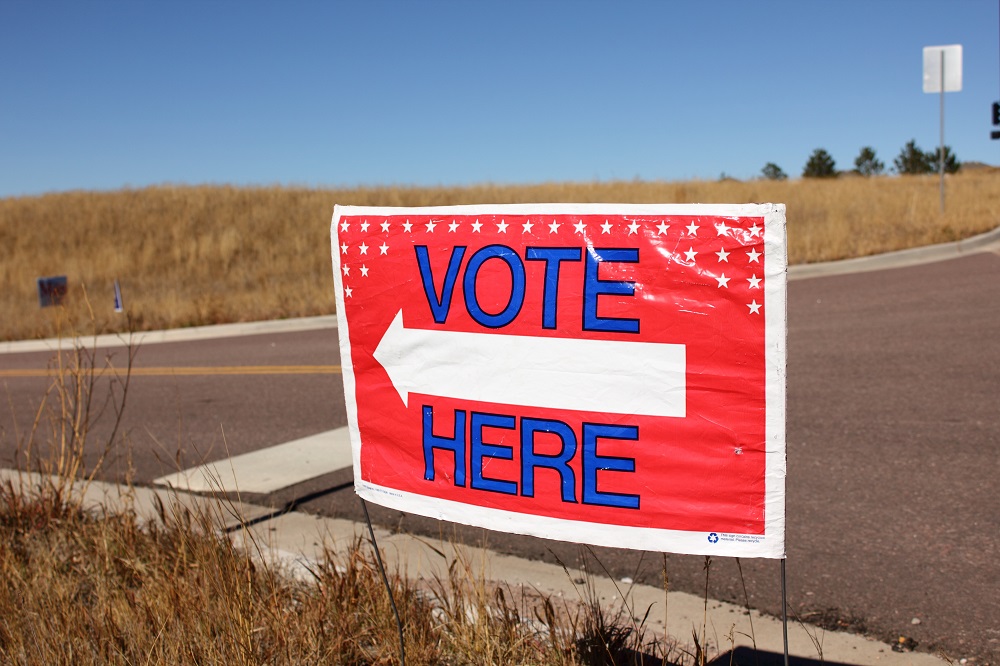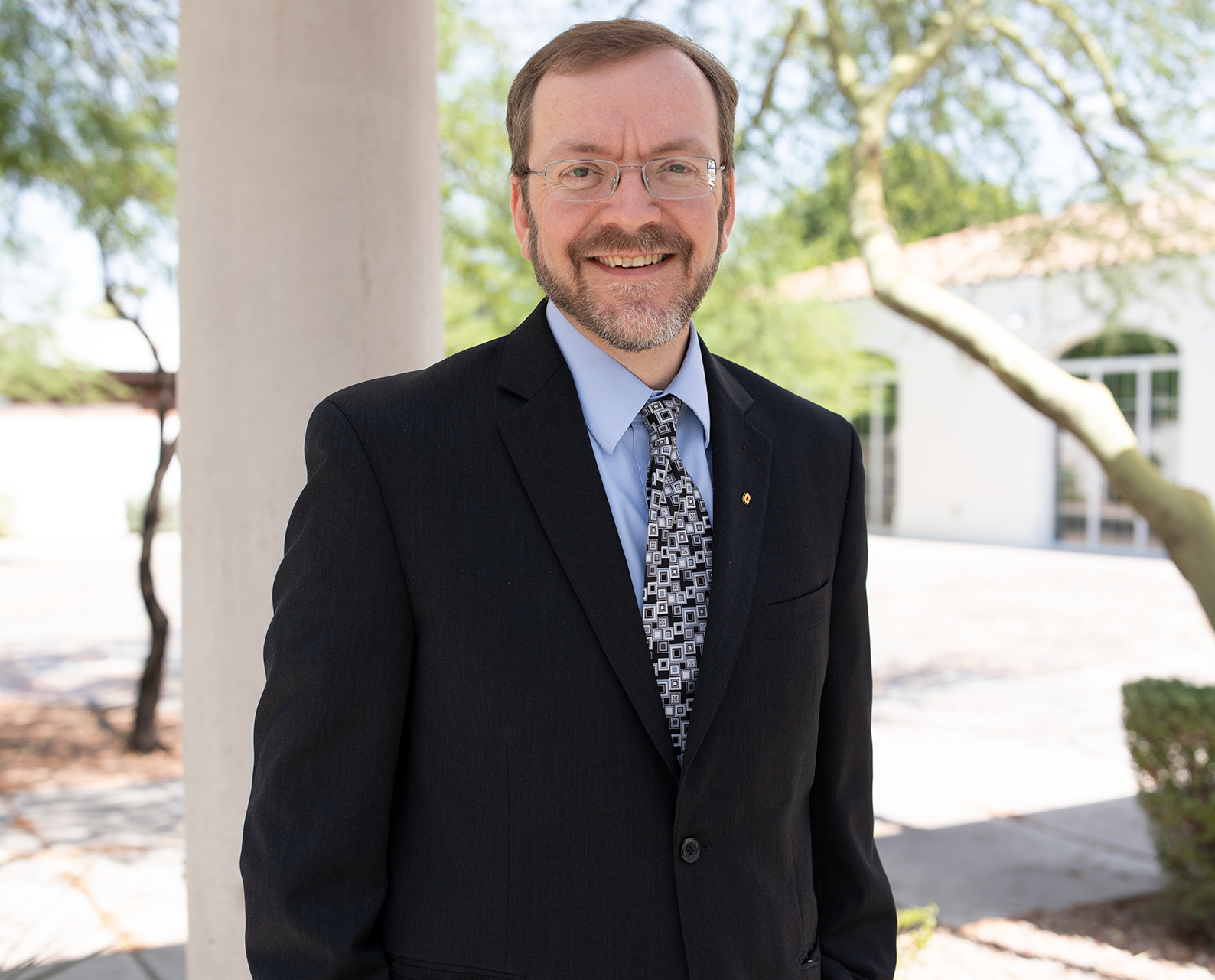Protecting Free Expression at the Polls
Case Status
Date Filed
January 10, 2018
Last Step
Victory!
Next Step
Case Overview

In 2010, the Goldwater Institute went to court when Maricopa and Coconino County voters were told that they could not wear their “Tea Party” T-shirts to the polling place when they voted. In both of those cases—Reed v. Purcell and Wickberg v. Owens—voters’ ability to go to the polls in clothing that doesn’t endorse candidates or issues was protected.
Now the U.S. Supreme Court has taken up the same question in a case from Minnesota, where state law forbids citizens from wearing shirts, hats, buttons, or other items that have the logo of any organization with—in the government’s words—“recognizable political views.” The Eighth Circuit Court of Appeals even held that this law would forbid a voter from wearing a button that simply said “Liberty” on it.
The state claims the law is needed to prevent disorder or disruption in the polling place and to prevent any person from “try[ing] to induce or persuade a voter.” But while it’s legitimate for the government to ensure order and decorum, it’s not the government’s business to prevent people from “persuading” each other, so long as they do so peacefully. And attempts to restrict persuasion will most likely lead, not just to censorship, but to even greater disruption. In fact, the evidence in this case showed that when poll workers forced voters to remove or cover their T-shirts or buttons, it led to increased disruption.
Even worse are attempts—increasingly common nowadays—to prevent people or so-called special interests from expressing their political opinions, on the theory that this “distorts” or “unduly influences” the democratic system. From campaign finance restrictions to rules that force people to disclose their personal information—including home addresses and even their employers’ names—whenever they contribute money to political organizations or nonprofits, such efforts to cleanse the political process of “distortion” by people who express their opinions or promote a political message are ultimately undemocratic and dangerous to freedom of speech. The government should not be in the business of ensuring “correctness” in democratic debate—it should be in the business of protecting freedom of expression by everyone.
Case Documents
Legal Team

Timothy Sandefur
Timothy Sandefur is the Vice President for Legal Affairs at the Goldwater Institute’s Scharf-Norton Center for Constitutional Litigation and holds the Duncan Chair in Constitutional Government. He litigates to promote economic liberty, private property rights, free speech, and other crucial values in states across the country. Timothy is the author of eight books, including most… Read more...

Donate Now
Help all Americans live freer, happier lives. Join the Goldwater Institute as we defend and strengthen freedom in all 50 states.
Donate NowSince 1988, the Goldwater Institute has been in the liberty business — defending and promoting freedom, and achieving more than 400 victories in all 50 states. Donate today to help support our mission.

We Protect Your Rights
Our attorneys defend individual rights and protect those who cannot protect themselves.
Need Help? Submit a case.


